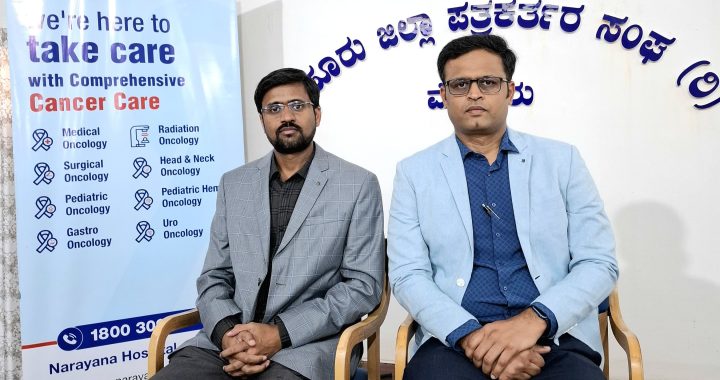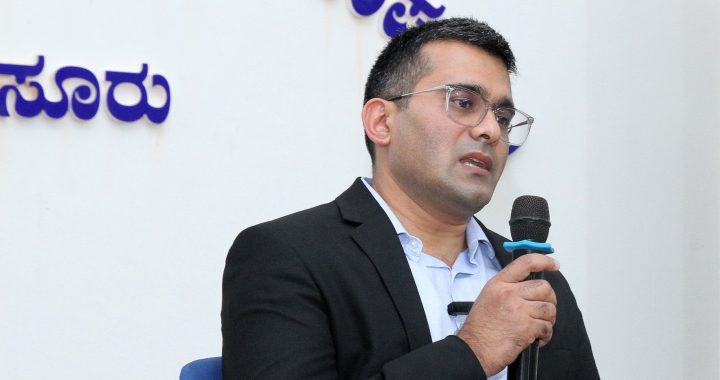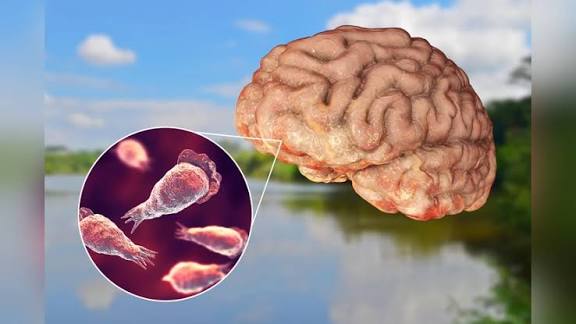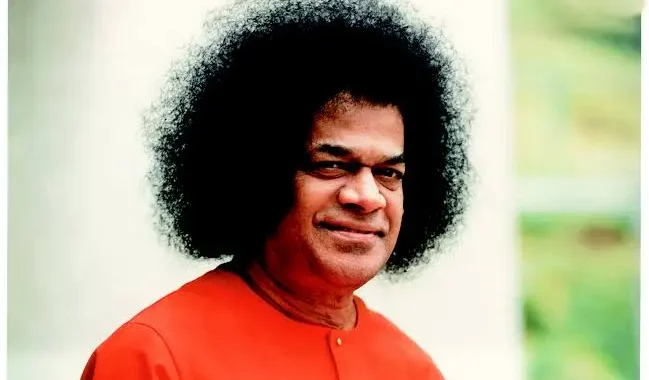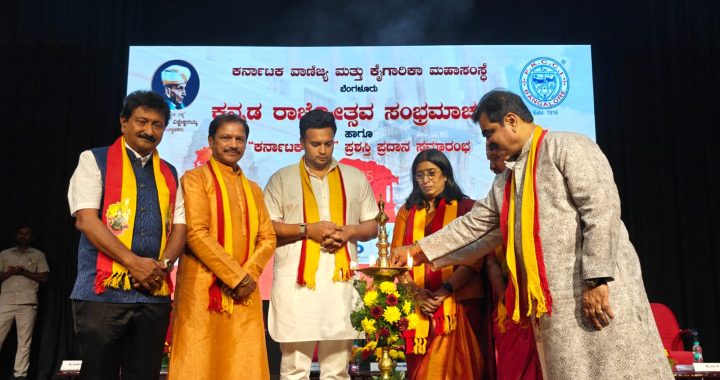What is Primary Ovarian Insufficiency (POI)? Doctor explains
2 min read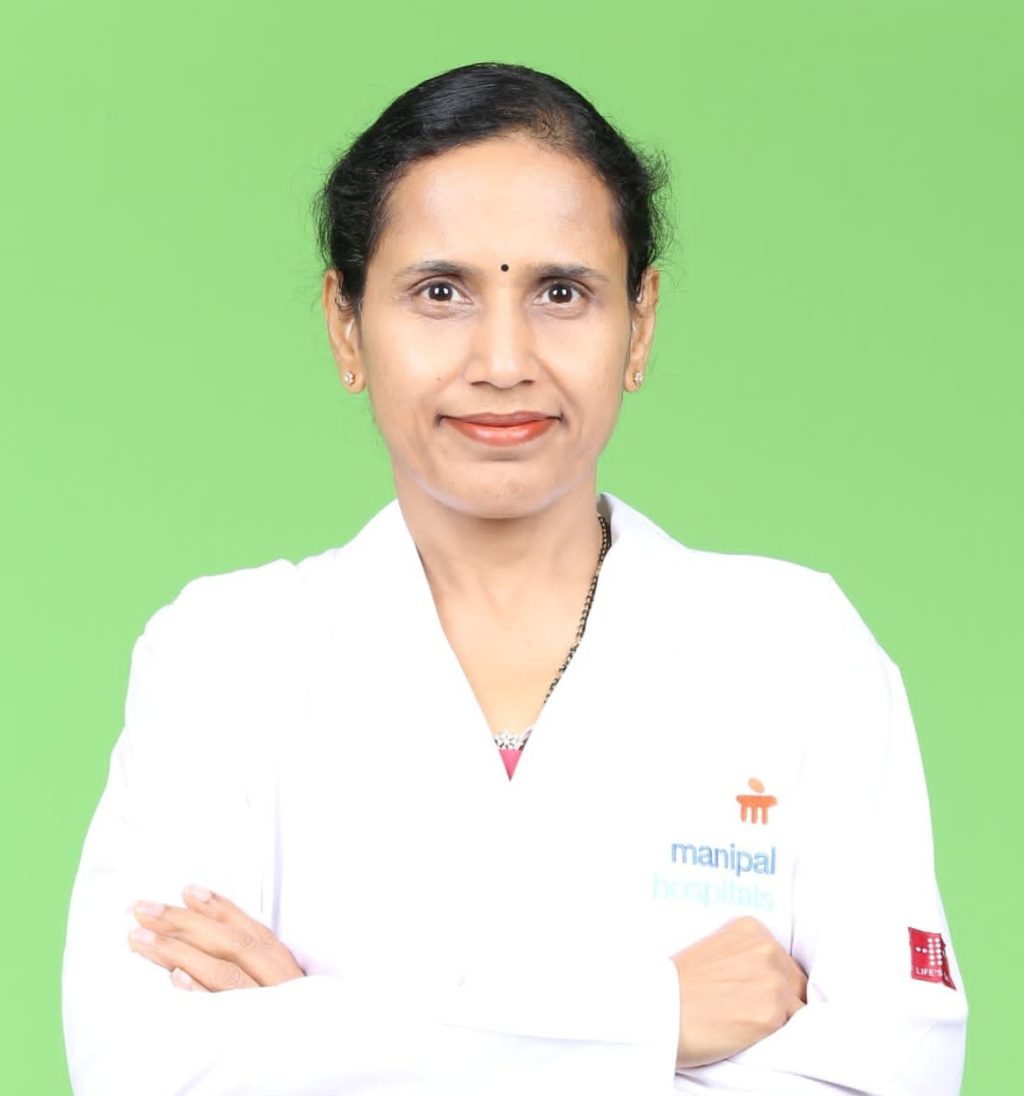
Mysuru: Primary Ovarian Insufficiency (POI) is a condition wherein a woman’s ovaries stop functioning normally before the age of 40 Years. It is like attaining early menopause and the chances of conceiving naturally are very low.
However, women with POI may still have irregular periods and occasionally ovulate and produce estrogen.

In most cases (75-90%), the exact cause of POI is unknown. Women who have a mother or sister with POI are more likely to have it. POI can be associated with autoimmune diseases, including thyroiditis and Addison disease, hence a blood test can be done to rule out the presence of antibodies.
A history of chronic smoking can raise the woman’s risk for primary ovarian insufficiency (POI)
Symptoms can include hot flashes, vaginal dryness, and irregular periods. POI can be diagnosed with blood tests like FSH, estrogen and anti-Müllerian hormone (AMH). An ultrasound can also be done to look at the ovaries for antral follicular count.
While there’s no treatment to restore ovarian function, the symptoms can be managed. Hormone replacement therapy can help with estrogen deficiency and supplements like calcium and vitamin D can support bone health. Regular physical activity and a healthy body weight can reduce the risk for osteoporosis and heart disease.
Women with POI may struggle to conceive naturally but can still get pregnant using in vitro fertilization (IVF) with donor eggs. This offers hope for those wishing to become mothers.
[This article is authored by Dr Nivedita Vishwanath Adapa, Director and Consultant – Reproductive Medicine (IVF) Manipal Hospital Mysuru]

